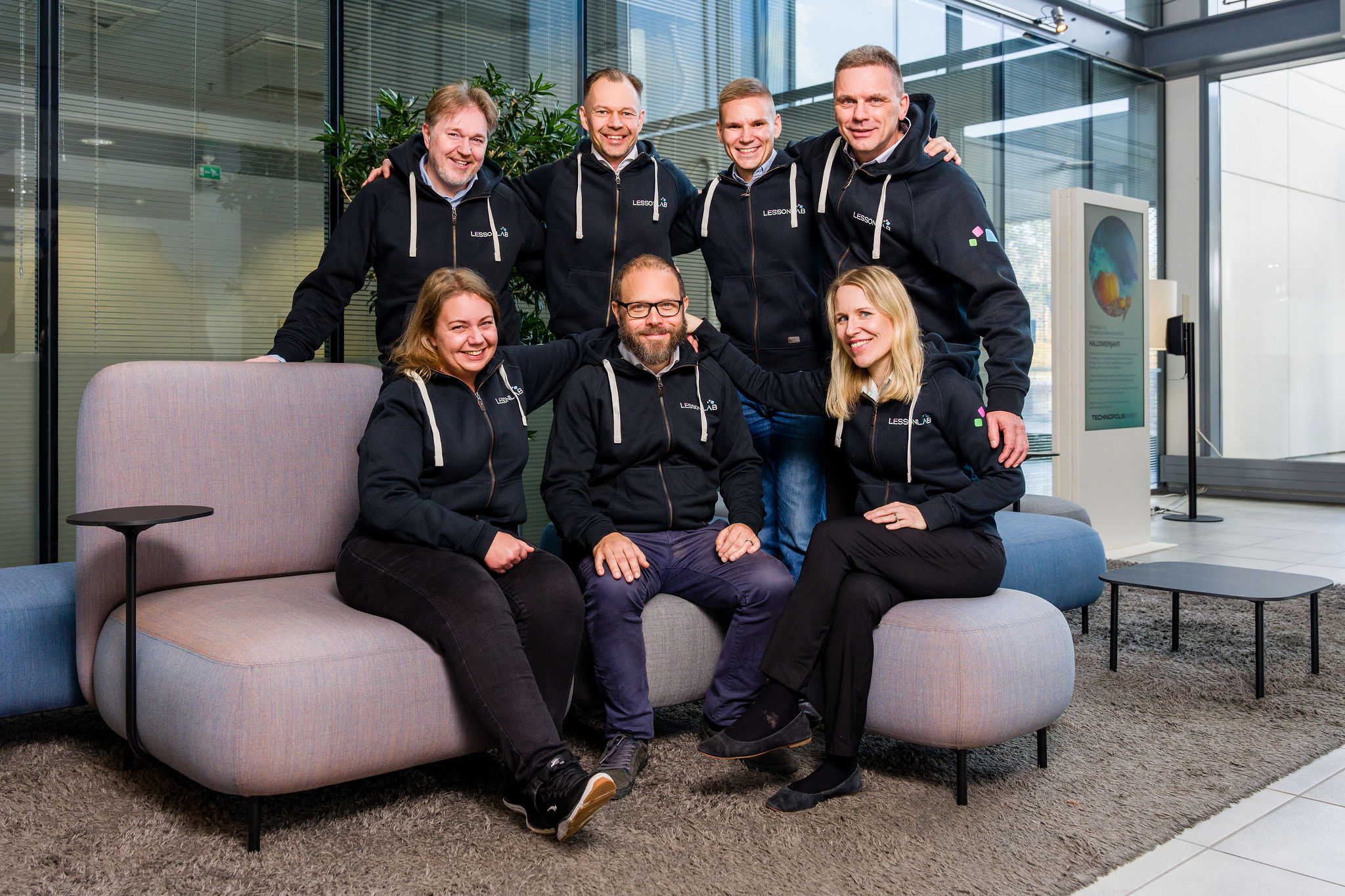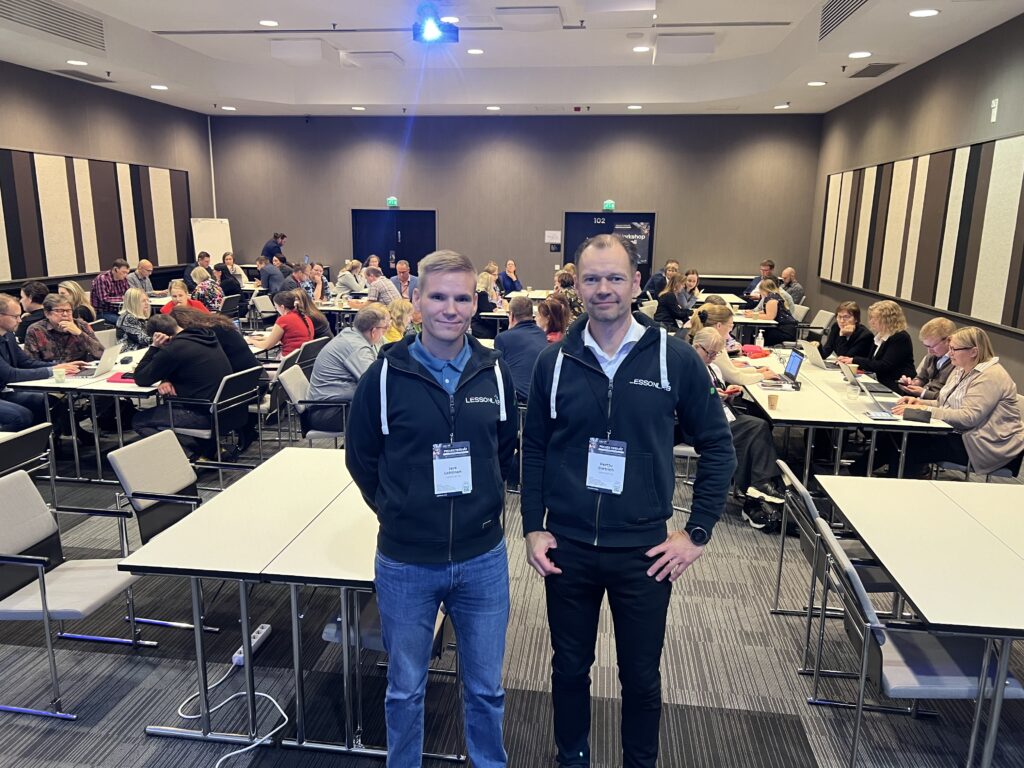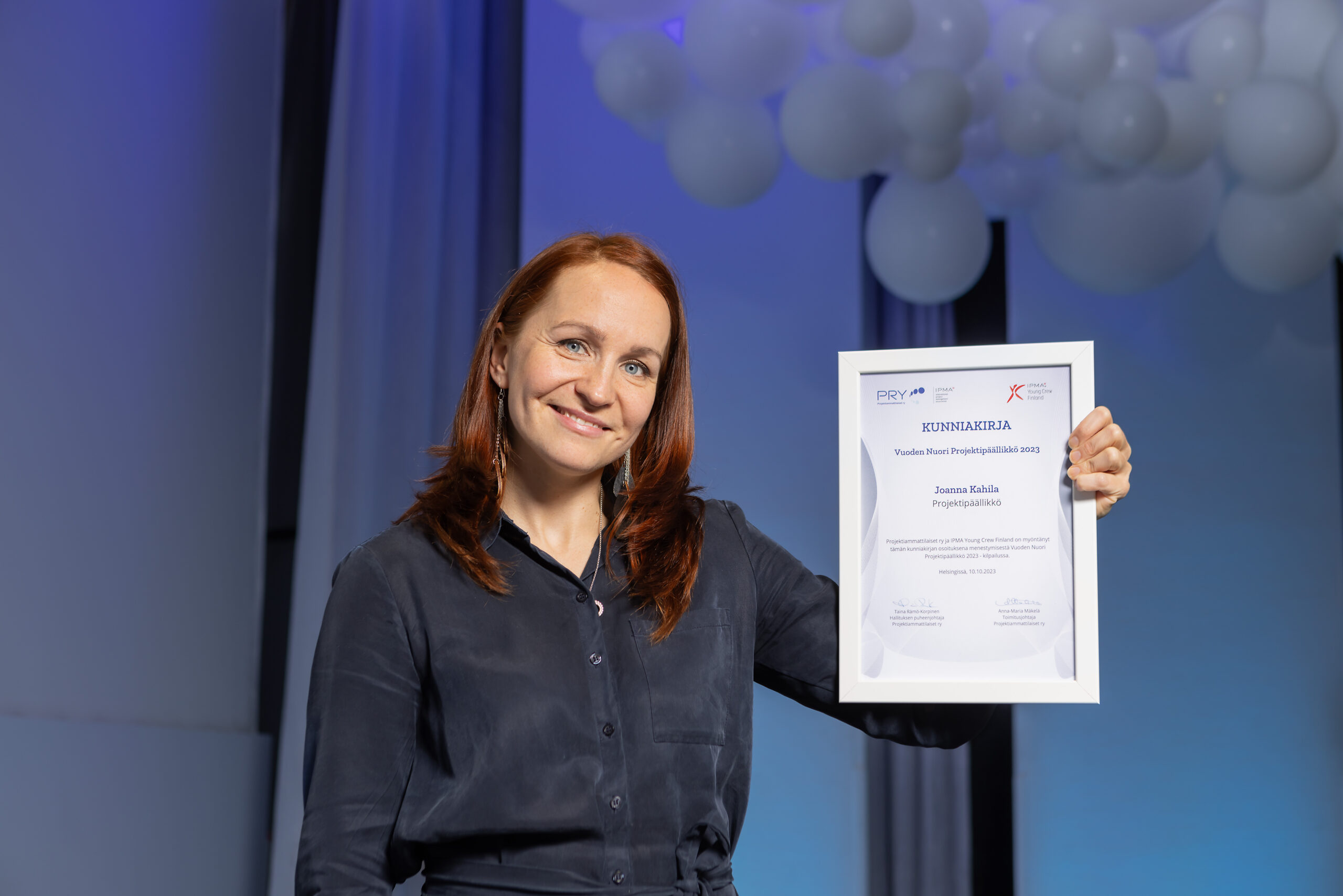Training in project management must be better adapted to the demands of practical project work. Traditional lectures and theoretical exercises build the knowledge base, while case studies support the application of project management skills. However, in practical project work, the emphasis is on managing people, which requires both knowledge and skills and the ability to apply them in different situations.
Text by Jere Lehtinen & Pertti Dietrich
Photos Lessonlab Oy

Training in project management must be better adapted to the demands of practical project work. Traditional lectures and theoretical exercises build the knowledge base, while case studies support the application of project management skills. However, in practical project work, the emphasis is on managing people, which requires both knowledge and skills and the ability to apply them in different situations.
People management competencies, or project management, are included in the People Competencies domain of the IPMA ICB standard. However, training in the soft skills of project leadership has been neglected in project training, partly due to a lack of appropriate training tools.
Generative AI offers a potential solution to this challenge. AI-based interactive simulations can model realistic project management situations, providing a safe environment to practice leadership and interaction skills.
Case study: an AI simulation exercise at Project Days 2024

LessonLab, in collaboration with Wakaru, organised a workshop “Communication at the heart of change: an AI simulation exercise” at the 2024 Project Days. The workshop was attended by around 80 project professionals from different organisations.
The workshop used a change communication simulation developed on LessonLab’s Taito platform, where participants practiced communicating an organisational change project to their AI-based team. The aim of the simulation was to engage the team in the change.
The AI team members represented different personality types, and their reactions and feedback were based on researched data. Participants received real-time feedback on the impact and content of their communications.
Key findings from the simulation
The importance of empathy: Although participants communicated clearly, they had difficulty expressing empathy. They approached communication mainly through facts from the communicator’s perspective, rather than focusing on the recipient and how they felt. In a situation of change, it is not enough to simply present facts; you need to understand the feelings and reactions of the recipients.
The role of feedback: the importance of feedback in training is paramount. By experimenting with different communication styles, participants received feedback and learned to adapt their communication to promote understanding of change, reduce resistance and create a more supportive climate for change. In real-life situations, giving and receiving feedback, and analysing it analytically, is often challenging.
Competitiveness and objectives: participants actively challenged themselves and each other. This was made possible by the fact that communication performance was also assessed numerically. Setting clear measurable objectives is therefore also essential in leadership training. As a result of this competitive spirit, all participants achieved excellent results in the simulation exercise.
The potential of AI simulations in education
AI opens up new possibilities in project training, especially in people and self-management development. The People Competencies components of the IPMA ICB standard are reinforced by AI simulations that provide a safe and realistic environment to practice leadership situations.
Generative AI enables personalised, unbiased feedback and reliable assessment, guiding learners to develop effectively. The easy customisability of simulations makes them a cost-effective way to integrate organisational contexts into training.
Future GenAI features, such as video and voice interfaces and avatars, will increase immersiveness, providing more realistic and hands-on learning experiences.
Towards future project skills
At LessonLab, we believe that AI-based simulations will revolutionise the training of project professionals. By combining GenAI technology with human insight, we can create realistic learning experiences that prepare project professionals for the future.

LessonLab is a pioneer in the development of AI-based learning technology. Its Taito platform enables the creation of customised simulations for different business areas. LessonLab’s solutions develop key skills in dynamic and realistic environments. The company is a member of the Association of Project Professionals and brings the power of AI into project training. If you are interested in hearing more, please feel free to contact the authors(etunimi.sukunimi@lessonlab.org).
PRY welcomes a new member, Lessonlab, to the community!
Authors:




